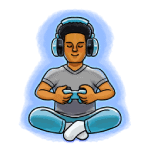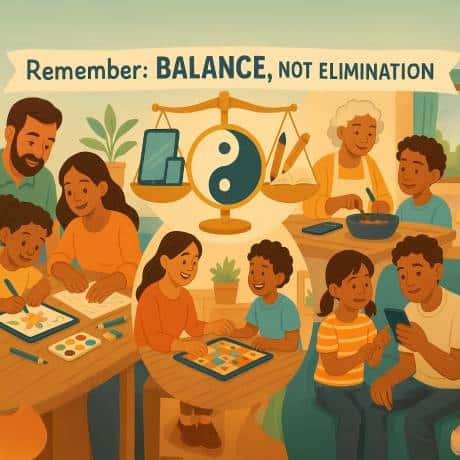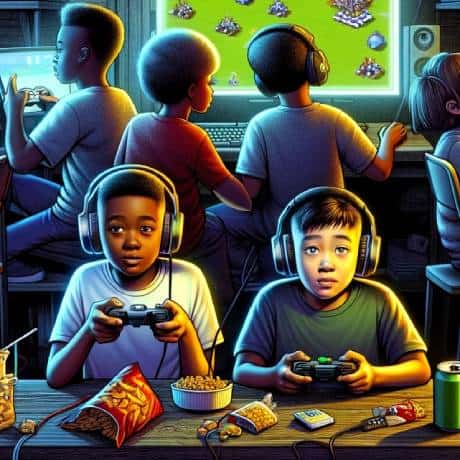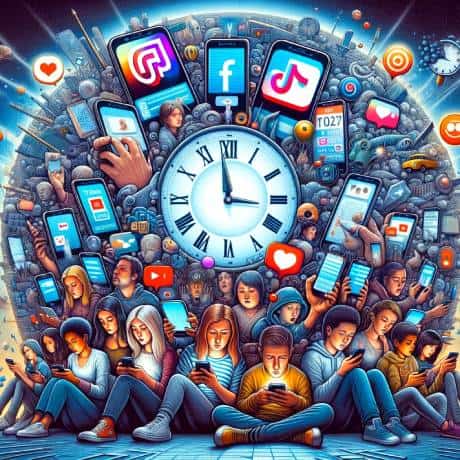The Rise of Scrolling Addiction: Are You Mindlessly Scrolling?
Author:
 |
Lionel Thomas Father, Gamer and Founder with a Passion for Health, AI, Environment and Gamification of Life. |
Author Tools:
- Grammarly (Spelling and Grammar)
- ChatGPT (Content Enhancements & Research)
- GSpeech (Audio by AI)
- Other Tools (AI)...
Artists:
- Lionel Thomas using DALL-E 3 [AI Generated] (Header, Content)
References:
-
1. The Scary Truth About How Zombie Scrolling Impacts Mental Health
Newport Institute - Young Adult Mental Health & Substance Abuse Treatment Centers
https://www.newportinstitute.com/resourc...
Summary:
"Zombie Scrolling Syndrome," as termed by McAfee in 2016, describes the detrimental effects of cell phone addiction, characterized by mindless, habitual scrolling without a specific goal or benefit. This phenomenon is fueled by the brain's response to the variable reward system presented by social media, triggering dopamine release and forming a habit. This often occurs in moments of discomfort, loneliness, or boredom. The syndrome's impact on mental health is profound, particularly among young adults, leading to emotional dysregulation and negative social comparisons. These behaviors not only produce negative emotions but also hinder real-life interactions and experiences. Additionally, the syndrome persists beyond active phone use, causing symptoms like eye strain, brain fatigue, and emotional disconnection. Strategies to counteract this include developing self-awareness, identifying triggers, setting goals for change, and replacing mindless scrolling with meaningful activities. Newport Institute provides guidance for young adults to address the root causes of this addiction, emphasizing the importance of authentic connections and fulfilling real-life relationships.
-
2. The Infinite Scroll: Why It’s So Addictive and How to Break Free
Freedom
https://freedom.to/blog/infinite-scroll/
Summary:
The article "The Infinite Scroll: Why It’s So Addictive and How to Break Free" by Erin Rupp delves into the addictive nature of the infinite scroll feature on digital platforms. The infinite scroll, likened to an endless buffet of content, was initially designed to enhance user experience by allowing seamless browsing without the need for page clicks. However, it has grown into a pervasive element of our digital lives, particularly on social media platforms like Facebook, Instagram, and Twitter. This feature exploits human tendencies to seek predictability and complete tasks, creating a cycle of continuous content consumption driven by the dopamine rush from new information. Although offering benefits like reduced bounce rates and efficient browsing, the infinite scroll also poses significant risks, including lost productivity, sensory overload, mental health concerns, and physical health issues due to prolonged exposure to screens. To combat this, the article suggests practicing mindfulness, setting limits on internet use, and employing tools like browser plugins or apps like Freedom to control infinite scrolling. The goal is to break free from this cycle and reclaim control over our time and attention.








 Snacks
Snacks Water
Water Eye Sight
Eye Sight Hearing
Hearing
































